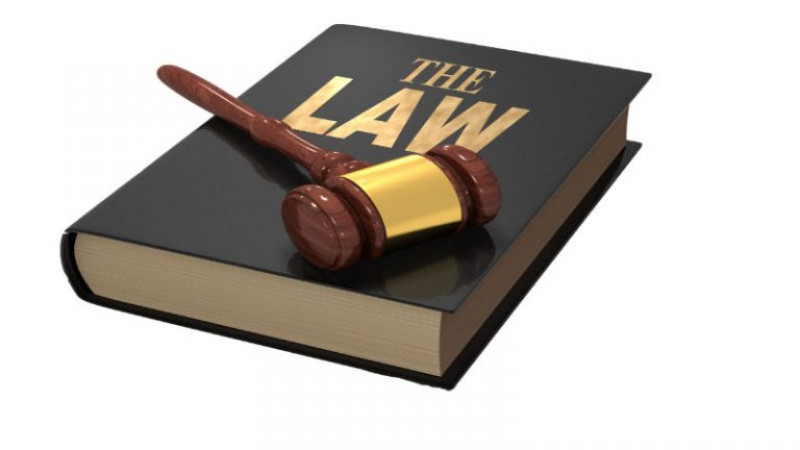On the surface, a 1031 like-kind exchange seems like a simple process. However, there are many specific parts in the process, and missing one of the steps can result in property owners in Davenport, IA, facing significant capital gains tax payments.
The 1031 like-kind exchange occurs through a provision in the Internal Revenue Code, and specifically Section 1031. This allows the owner of an investment property to sell the current property and invest in another similar or like-kind investment property of equal or greater value to defer the payment of capital gains.
There are very specific rules around the 1031 like-kind exchange. These are complex definitions and issues, and working with a company specializing in 1031 exchanges is the best way to avoid slipping up and creating a tax liability rather than a tax deferment.
Some Basics
There are timelines on the 1031 exchange. The seller, who is the taxpayer, must purchase the replacement property within 45 days, with the transfer of title completed in 180 days. At no point in the time can the taxpayer own both the current property and the replacement property at the same time.
In addition, the properties must be like-kind. This is not a subjective definition of like-kind, but one set forth by the IRS. For example, a like-kind exchange can not include an investment property for a primary residence, even in the investment property was a dwelling. It is possible to swap different types of investment properties, including agricultural land for commercial property.
It is also critical to consider the condition of the property in these types of like-kind exchanges. Selling improved properties and businesses in Davenport, IA, for unimproved buildings or land can result in additional taxes, and there are other factors to consider as well.


